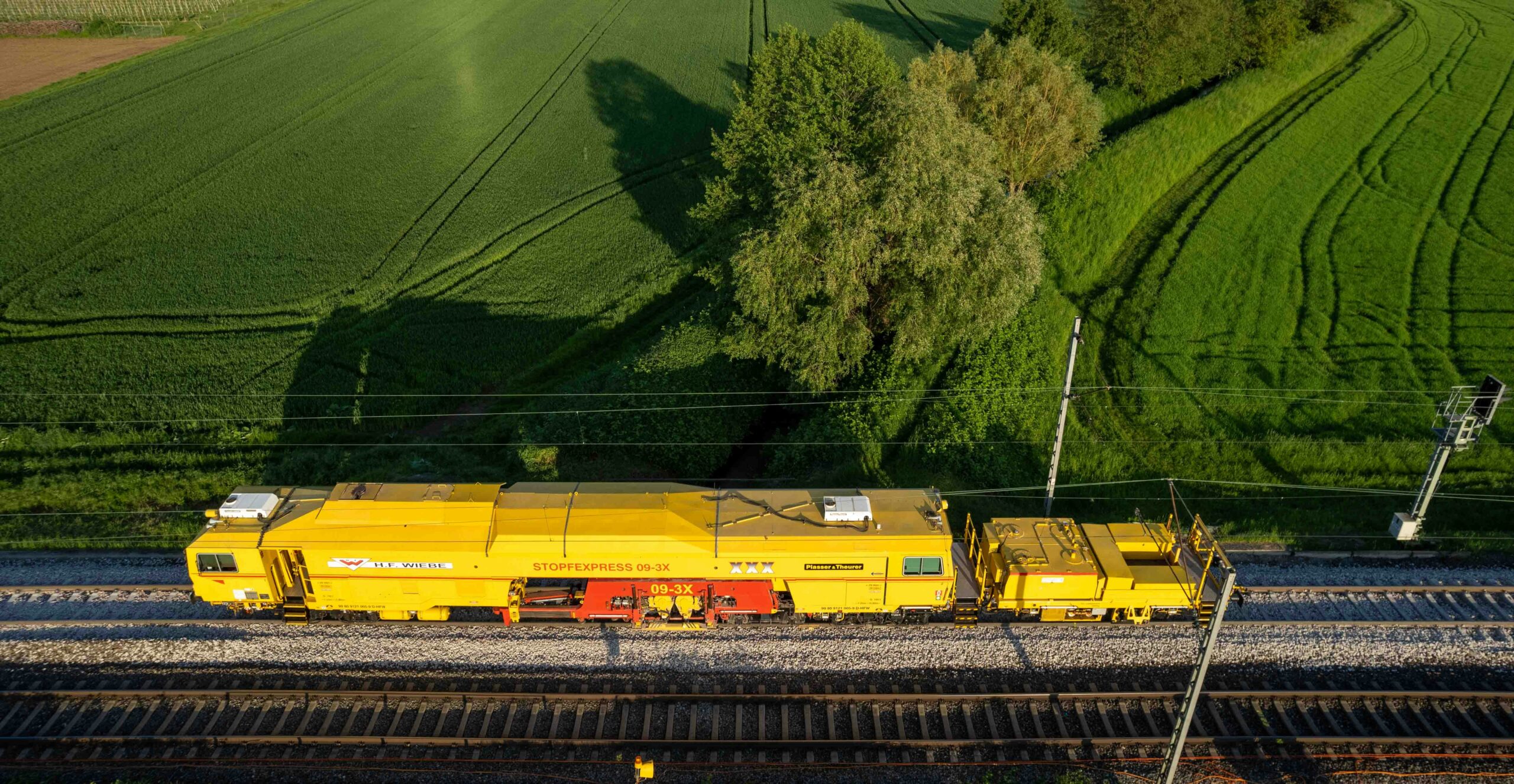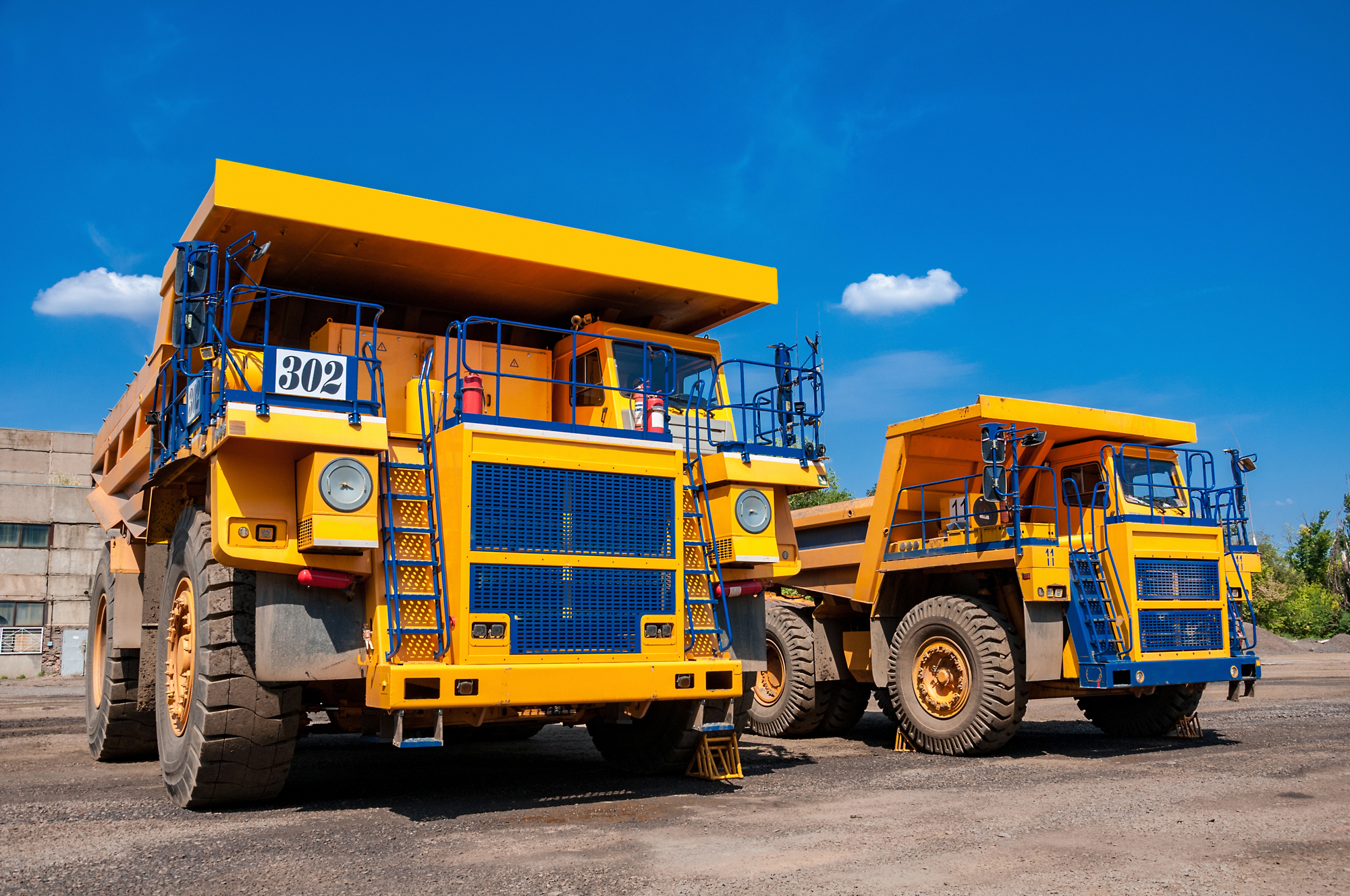Revolutionising the railways: Eliminating wear and tear with cutting-edge lubrication
Author: NEOL
The UK railway industry is a critical component of the country’s infrastructure, providing transport for billions of people every year and millions of tonnes of goods every quarter. Yet, one persistent challenge continues to plague rail operators: the relentless wear and tear on critical components like wheels, rails, traction gearboxes, and bearings.
This constant degradation leads to soaring maintenance costs, unplanned downtime, and shortened asset lifespans. Delays and cancellations then have a negative impact on public perception, with 36% of travellers agreeing that the UK rail services cannot be relied on and are not well run.
But what if there was a solution that could drastically reduce wear, improve reliability, and even contribute to a greener railway?
The hidden cost of friction
In 2022-23 alone, Network Rail spent a staggering £2.1 billion on maintenance – 13.7% higher than the cost just three years before. While some of this cost is unavoidable, a significant portion can be attributed to the relentless friction within the railway system.
Every time a train wheel rolls on a rail, microscopic wear occurs. This wear accumulates over time, leading to rail degradation, increased fuel consumption, and costly component replacements.
Introducing NEOL: A game-changer for railway maintenance
NEOL is not just another lubricant manufacturer; we represent a breakthrough in tribology (the science of friction, wear, and lubrication). Our advanced proprietary formula, CuGlide, is made using copper filming technology. This creates a sustainable protective barrier on metal surfaces that not only eliminates the majority of wear but can also repair existing defects.
We’ve performed rigorous testing of our oils and greases to demonstrate their power on railways, the results of which have shown:
- 80% reduction in rail wear: After just 12 months of use, treated rails showed an 80% reduction in wear compared to conventional global-branded lubricants. This translates to significantly longer rail life and less frequent replacements.
- Improved surface quality: Rails treated with our synthetic lubricants exhibited smoother surfaces with fewer defects, reducing friction and further extending lifespan.
- Extended wheelset life: Locomotive wheelsets saw their operational lifespan double from 110,000km to an impressive 210,000km when using our lubricants.
- Cost savings: Our tests provided annual savings of approximately £2,365 per locomotive section due to reduced fuel, oil, and replacements parts.
How does it work?
Essentially, our innovative CuGlide technology uses the energy of friction to create its own self-sustaining protective armour, continuously healing and protecting your machine parts. The
friction between metal parts generates heat and pressure, causing particles to separate. This separation allows the copper ions in our lubricants to embed themselves within the iron structure, and then those ions bond to create an ultra-thin copper film that shields the metal surface from wear and repairs existing damage.
This innovative approach also removes the need for harmful organic phosphates, found in the ZDDP anti-wear system used in the majority of conventional lubricants (which can only delay the onset of wear), resulting in a high-performance lubricant that is also environmentally friendly. You can find out more about how our CuGlide technology works here.
What this means for the railway industry
NEOL’s advanced and proven lubrication technology offers a transformative solution to the railway’s persistent wear and tear problem. By significantly reducing wear on critical components, NEOL’s CuGlide technology can:
- Extend asset lifespans: Longer-lasting rails, wheels, traction gearboxes and bearings mean less frequent replacements and reduced maintenance cost. This can lead to substantial savings for rail operators, allowing them to invest in other areas such as improving services and infrastructure.
- Reduce downtime: Less wear and tear translates to fewer unplanned maintenance interventions, minimising disruptions to train schedules and improving overall reliability. This, in turn, can enhance customer satisfaction and boost the reputation of the railway industry.
- Lower operating costs: The decreased need for replacement and repairs, coupled with improved fuel efficiency due to friction reduction, can lead to significant cost savings for railway operators. These savings can then be reinvested into the network or passed on to customers.
- Enhance sustainability: NEOL’s lubricants are free from harmful organic phosphates, and can reduce energy consumption, contributing to a greener railway industry with a reduced environmental footprint.
By addressing the root cause of wear and tear, NEOL’s technology has the potential to make the railway industry more efficient, cost-effective, reliable, and sustainable. This not only benefits rail operators, but also has a positive impact on passengers, freight customers, and the environment.

